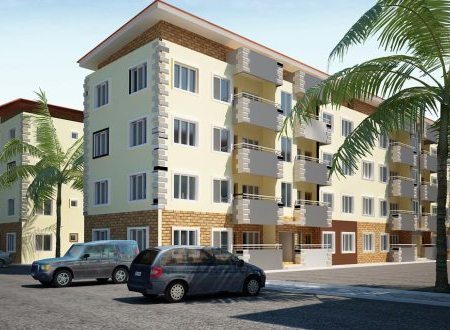- Home
- Grey Matter
- National Housing Fund (Establishment) Act, 2018: Analysis & Recommendations For Legislative Review
National Housing Fund (Establishment) Act, 2018: Analysis & Recommendations For Legislative Review
Posted on Thu 18 Apr 2019
- Download Resource
COMMENTS

Generally, the thrust of the new NHF Act is well understood, given the fact that the housing sector requires adequate funding to support a robust mortgage system for the provision of affordable homes for Nigerians. According to data released by the Nigerian Bureau of Statistics, Nigeria’s housing deficit stood at 17 million units as at 2012. Today, the housing gap continues to widen rapidly with Nigeria’s burgeoning population (currently estimated at 200 million people) coupled with low access to housing finance, particularly among low and middle income earners and operators in the informal sector of the economy. Recent reports underpin the country’s low rate of access to affordable homes. Nigeria reportedly has only 25% rate of home ownership compared to 84% in Indonesia, 73% in Kenya and 56% in South Africa[38]. If the current rate of population growth is sustained, it is estimated that about US$363 billion would be needed to curb Nigeria’s current housing deficit of about 20 million units[39]. Therefore, the urgent need for policies and regulations geared at deepening the mortgage market is quite understood. Mortgage finance in Nigeria currently stands at 0.58% of Gross Domestic Product
38 See Nigeria Chapter in the “Africa Housing Finance Yearbook 2018”, Centre for Affordable Housing Finance in Africa (CAHF), 30th January 2019, pages 213 - 216 – http://housingfinanceafrica.org/app/uploads/2018_CAHF_YEARBOOK_final-compressed.pdf
39 Ibid.
More Insight
 Fri 21 Mar 2025
Fri 21 Mar 2025IP PROTECTION FRAMEWORK IN NIGERIA - TRADEMARKS
 Wed 18 Dec 2024
Wed 18 Dec 2024SEC’s Draft Rules Facilitate Pension Funds’ Investment In ...





